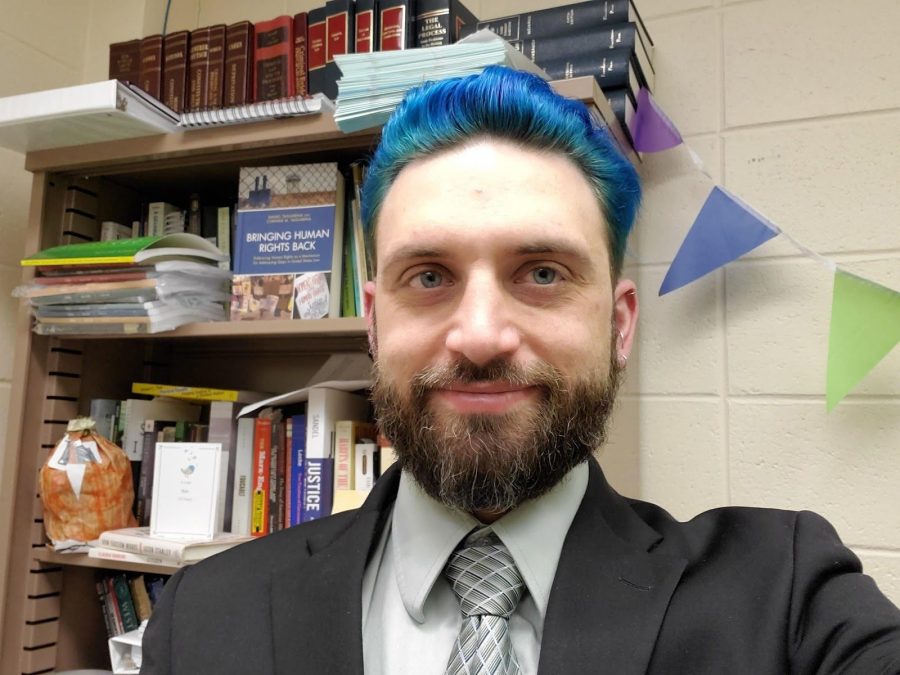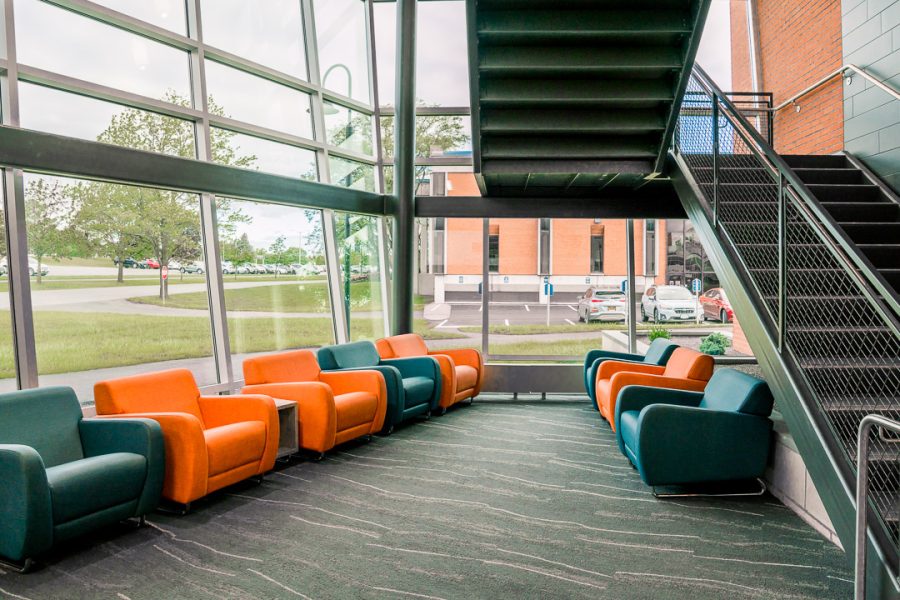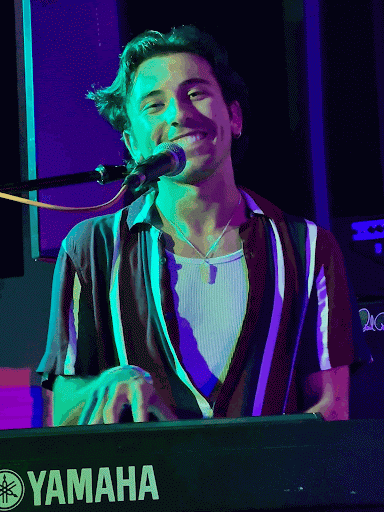UC Political Science Professor Daniel Tagliarina, originally from outside of Cleveland, Ohio started his path to self-advocacy and equality as an outspoken vocal advocate for his friends as a youth.
“I had a really strong sense, like a lot of kids, of right and wrong,” Tagliarina said. “I knew from a very young age, probably seven or so, maybe a little earlier, that I wanted to be a lawyer. I barely knew what lawyers were.”
By acting innately on his character and channeling Jack McCoy from Law & Order SVU, the waters of power dynamics were tested by always asking a series of questions, which included those authority figures he thought were wrong.
Early in school, he tackled the double standards of dress codes that were coupled with comparing boys to girls, and the different treatment placed upon them solely because of their appearance. With Tagliarina’s persistence, he upturned part of the dress code by flipping the burden and scrunching the thought that women couldn’t wear certain things because they would be distracting to men.
Growing up in a predominantly purple state where the music scene swells, Tagliarina was exposed to different political ideas and used this to find where he fits in it all.
While attending Bowling Green State University he found a small learning community within the honors program who learned just for the sake of it, and the political science professors steered him on the path toward a broader inquiry of the law.
To Tagliarina’s surprise, graduate school was his next step.
“I’m a first-generation college student,” he said. “So grad school was never really on my radar.”
His achievements have sparked extreme pride in his family members. Although they may not understand his specific experiences, they have always been there when he needed them.
Navigating the unwritten rules and social norms was a different territory, having to turn to friends and mentors for guidance.
His acquisition of questions accumulated more than answers appeared over the course of academia.
Tagliarina questions things such as, How can we use rights to limit governmental power? How do we get to a point where people can just be better to one another? How can we use rights to protect individuals? How can we use power to redistribute who has what or who’s in charge of these things where we see persistent inequalities or unfairness?
“Empathy really has to be a part of it,” he said. “You need to understand the humanities of other people or you’re never going to get to wanting to change these systems that are persistently unfair.”
These are practices he’s been bringing to his Utica College classes since he began in 2016.
What is Meaningful Work?
With the preface that the United States is failing people and nothing is happening, the human rights approach thinks about the dignity of others. Working with victims and/or beneficiaries of policies to make better policies can lead to better outcomes, according to Tagliarina.
“That sort of thing is really meaningful work, stuff that makes a difference for people’s lives, things that can make people’s lives better,” he said.
In the classroom, Tagliarina adds emphasis that it should be more than “memorizing this information.”
“The more it can be connected to policy and change and meaningful effects on people, the more meaningful it is for me,” Tagliarina said.

It’s Your Government
“It’s your government, it’s our government, it belongs to all of us,” he said. “Unless you understand the way it affects you and how you can go about working with it or pushing for a change you’re not ever going to be in a good position to have the sort of society that you want.”
According to Tagliarina, politics are all about power relationships, so self-advocacy is really important.
His flashbacks to being mad at school policies and messages from bands he resonates with are coming through again and again.

What is Equality?
“The understanding that everyone matters,” Tagliarina said. “We are all of equal moral worth. We all should have some level of basic respect for each other. If you are in a position of power, you have ethical responsibilities to not abuse that power.”
Tagliarina’s Mission
Tagliarina’s goal is for students to figure out their political position, thoughts about how society should be structured and to get them to know how they can take those thoughts and actually apply them.
“Overwhelmingly, it’s getting students to a place where they have enough information to know where to find more information and giving them the time and space to think for themselves,” Tagliarina said. “The last thing I want is for students to tell me what I think they want me to hear.”
A way to start making change is to get involved in state and local government. It’s not all about national elections, he said. At a smaller level, there is more room for change. If we can start small, the odds of creating a larger scale difference are greater.
Making calls and voicing your thoughts to local offices can help make a change.
Through teaching one of the greater understandings he found is that the past has a great impact on placing limits on what can happen in the future. This is called path dependency which states that the choices that are made shape what other choices are possible.
When he made the choice to become a representative for his elementary school friends, that was one of the first steps to becoming who he is today.
“All kids at some point have this whole, ‘that’s unfair,’ and a lot of them kind of get over it, but I don’t think I ever did,” Tagliarina said.







































































































































